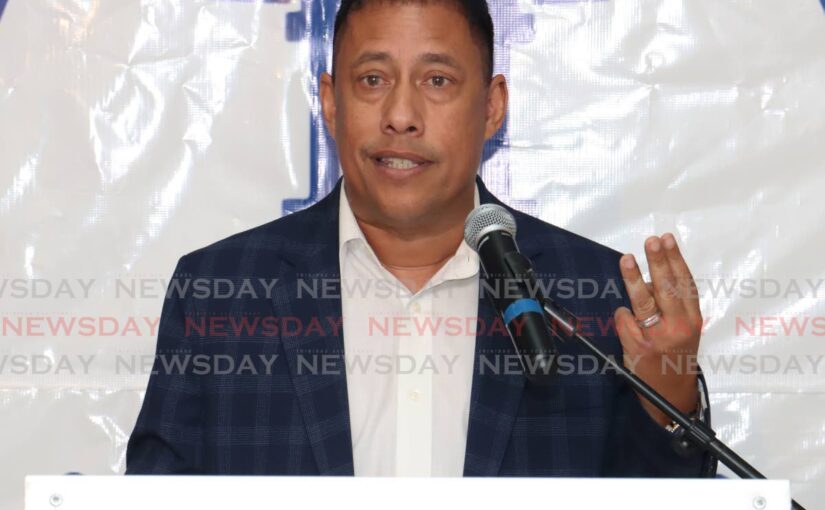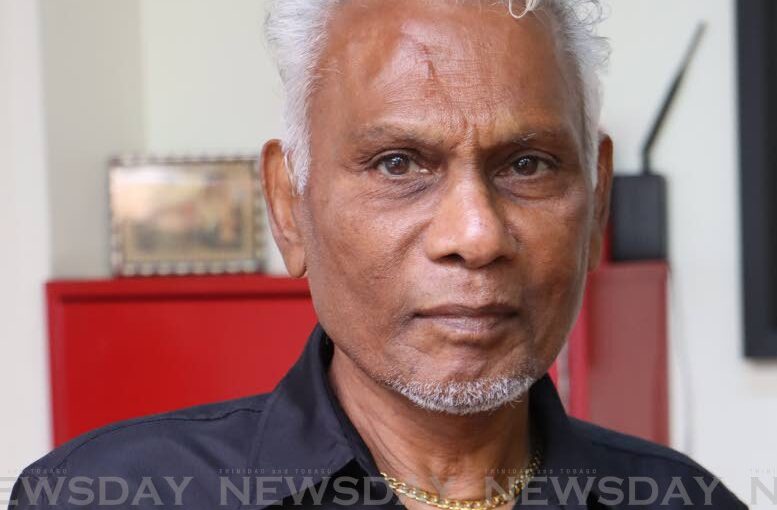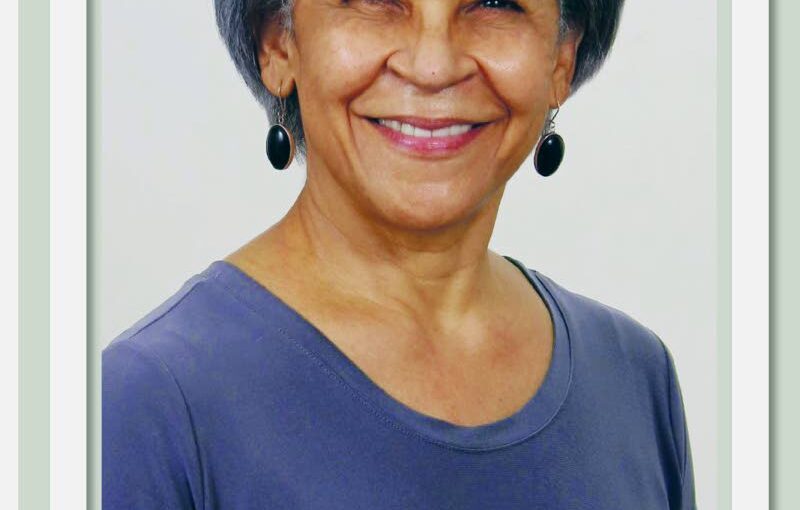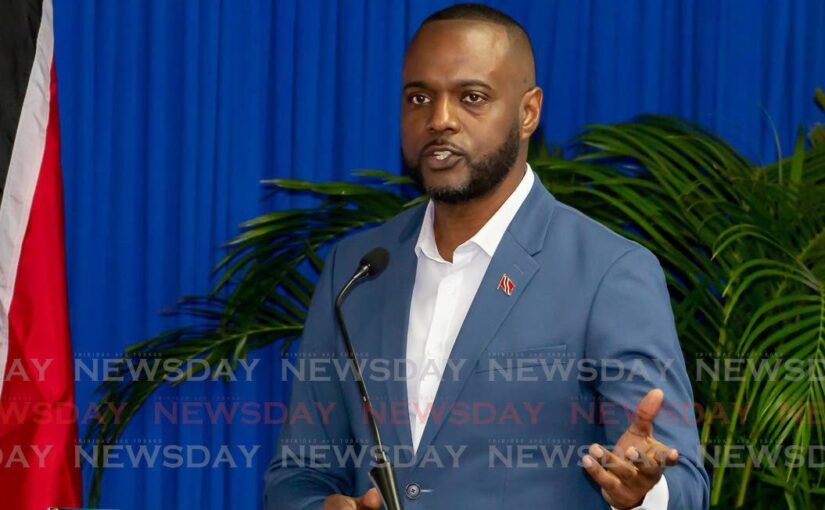POLITICIANS like to talk. They make platform speeches. They orate in Parliament. They issue indignant press releases. So, it is a supreme irony that...
Vous n'êtes pas connecté
- English
- Français
- عربي
- Español
- Deutsch
- Português
- русский язык
- Català
- Italiano
- Nederlands, Vlaams
- Norsk
- فارسی
- বাংলা
- اردو
- Azərbaycan dili
- Bahasa Indonesia
- Հայերեն
- Ελληνικά
- Bosanski jezik
- українська мова
- Íslenska
- Türkmen, Түркмен
- Türkçe
- Shqip
- Eesti keel
- magyar
- Қазақ тілі
- Kalaallisut ; kalaallit oqaasii
- Lietuvių kalba
- Latviešu valoda
- македонски јазик
- Монгол
- Bahasa Melayu ; بهاس ملايو
- ဗမာစာ
- Slovenščina
- тоҷикӣ ; toğikī ; تاجیکی
- ไทย
- O'zbek ; Ўзбек ; أۇزبېك
- Tiếng Việt
- ភាសាខ្មែរ
- རྫོང་ཁ
- Soomaaliga ; af Soomaali
Rubriques :
 Maroc - NEWSDAY.CO.TT - A la Une - 25/Mar 03:20
Maroc - NEWSDAY.CO.TT - A la Une - 25/Mar 03:20
In defence of free speech
POLITICIANS like to talk. They make platform speeches. They orate in Parliament. They issue indignant press releases. So, it is a supreme irony that these same people often act in ways inimical to free speech. In recent days, there’s been a rash of such instances. On March 21, Dr Keith Rowley, five days after stepping down as prime minister, issued a broadside against “a so-called analyst” from UWI who had commented on the legality of appointments. On the same day, an allegorical but critical newspaper column authored by a doctor appeared. That doctor was sent packing pending a probe; but the suspension was later reversed by Health Minister Terrence Deyalsingh. Then, on March 23, Gary Griffith accused the media of airing “propaganda disguised as expertise” in its selection of certain experts and analysts for interview. All of this does not augur well for the general election campaign under way. Forget policies. Forget manifestos. Who needs such things when you can attack the media and issue ad hominem smears against academics you disagree with? Except, all these attacks, harmless as they might appear, take us down a dark path. They must stop. The media are no sacred cow. They should always strive to do better. But have politicians ever considered why there is sometimes a narrow pool of people available to comment? Historically, those who speak out have often been targeted. The columnist doctor is a case in point. Few, witnessing the antics of our thin-skinned leaders, might wish to comment on even anodyne issues. This leads to a chill effect, which, disturbingly, may well be the aim. Silence is a prelude to the defeat of dissent. Democracy is thereby transformed into something else. It is the job of journalists to highlight a diversity of views, even ones not agreeable. Mr Griffith’s contention that some commentators’ contributions “expose clear political bias and questionable credentials” proves that, for him and others, the real issue is not who is speaking but what they are saying. Prime Minister Stuart Young must resist the tone and tenor adopted by all. He must continue to do as he did on March 20, when, at his first-ever post-Cabinet briefing, he fielded uncomfortable questions. He should also keep alive the signal sent by his administration’s dropping of the ban on the voicing of opinions deemed contrary to “public order” from the emergency regulations. Disinformation is, right now, the single greatest threat to governments the world over, according to the World Economic Forum’s 2025 Global Risks Report. Against lies, it is the media that stand as the last line of defence. No leader can survive if, through reckless attacks, he damages the press. A politician who fails to understand this plays with fire. The post In defence of free speech appeared first on Trinidad and Tobago Newsday.
Articles similaires
Commit to these issues, PNM, UNC
ISRAEL B RAJAH-KHAN SC THE CRIMINAL Bar Association calls on the PNM and UNC to include in their manifestos that if their party wins the general...
Commit to these issues, PNM, UNC
ISRAEL B RAJAH-KHAN SC THE CRIMINAL Bar Association calls on the PNM and UNC to include in their manifestos that if their party wins the general...
Academics Reveal That Water Is Transparent – OpEd
You might have heard that there’s a big new Covid book out from Princeton University Press, In Covid’s Wake: How Our Politics Failed Us that...
Strategies and blunders
And so, we will have had a new prime minister for all of six weeks, since on April 28 elections will take place to decide if to return our newly...
Strategies and blunders
And so, we will have had a new prime minister for all of six weeks, since on April 28 elections will take place to decide if to return our newly...
Gonzales stays silent on 23 police-involved killings
National Security Minister Marvin Gonzales chose not to speak on the high levels of police-involved shooting deaths on civilians this year. As of...
Gonzales stays silent on 23 police-involved killings
National Security Minister Marvin Gonzales chose not to speak on the high levels of police-involved shooting deaths on civilians this year. As of...
‘Give Me Liberty Or Give Me Death,’ 250 Years Later – OpEd
By Lawrence W. Reed In St. John’s Episcopal Church in Richmond, Virginia, delegates from around the colony gathered to discuss matters that...
‘Give Me Liberty Or Give Me Death,’ 250 Years Later – OpEd
By Lawrence W. Reed In St. John’s Episcopal Church in Richmond, Virginia, delegates from around the colony gathered to discuss matters that...
Les derniers communiqués
-
Aucun élément



